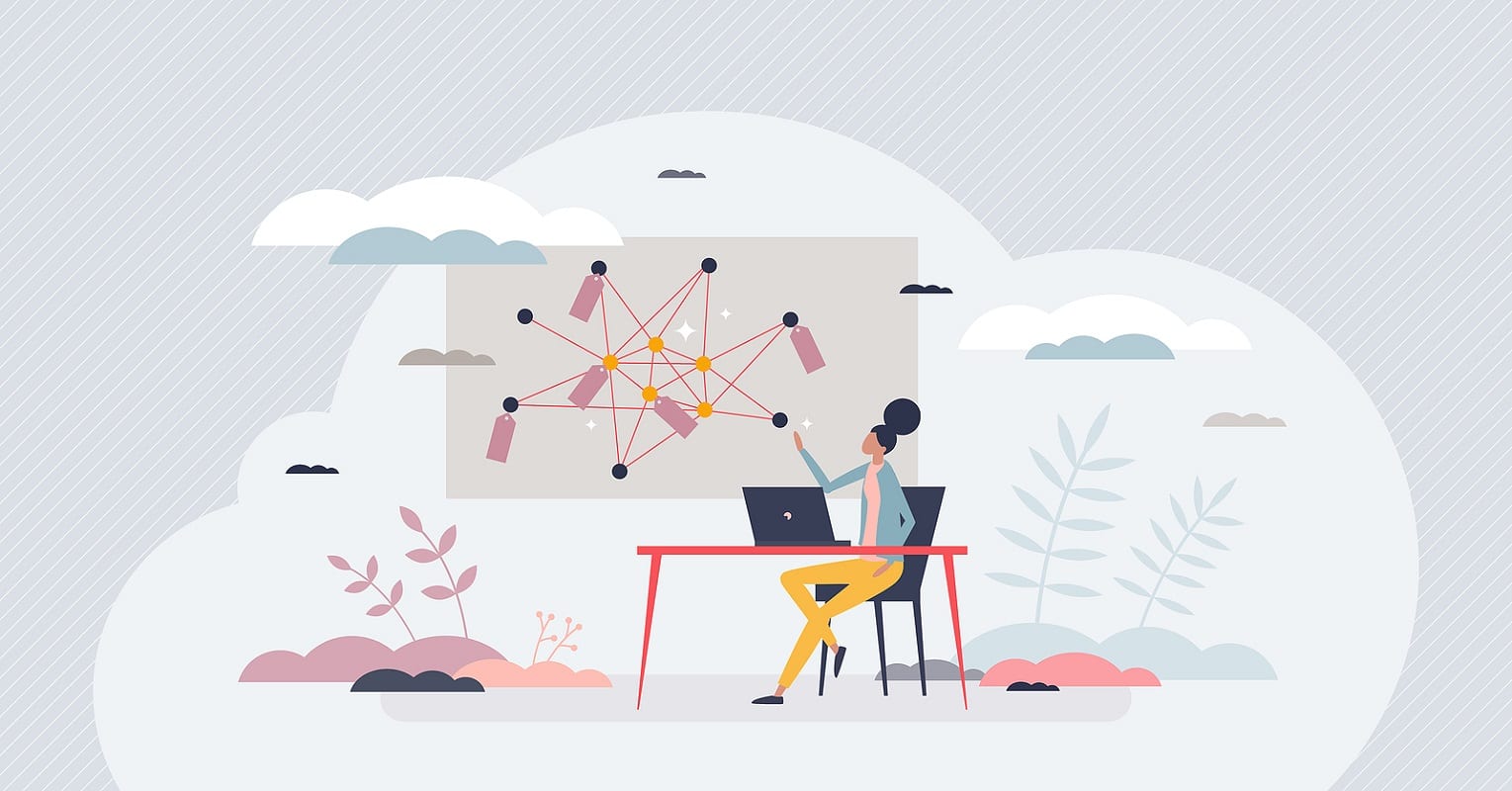Is AI the Key to HR Success? How Automated Tech Helps Business Hire Faster and Fairer

After two turbulent years, businesses struggle to adapt to the post-pandemic workforce. Job openings are at an all-time high as Americans leave their companies in droves. In fact, 47.8 million workers quit their jobs throughout 2021, and in January 2022 alone, 4.3 million employees quit, leaving U.S. businesses with more than 11 million job openings.
The job market continues to present challenges for underrepresented workers. While the current U.S. unemployment rate is improving (3.8%) and getting closer to pre-pandemic levels, this is not the case for every community. For example, the unemployment rate for Black workers remains high (6.6%), and many of the millions of women who left the workforce during the height of the pandemic have yet to return. This signals businesses have work to do to improve diversity and create a more equitable workforce.
While HR teams grapple with the future of hiring and the goal of diversifying their workforce, artificial intelligence (AI) is stepping up to the plate to help. Reports show that 96% of HR managers believe AI has the potential to improve talent acquisition strategies, and more than half believe AI will become a routine part of recruiting within the next five years. AI can drive meaningful outcomes for HR professionals today. Here’s how automated technologies can expedite an efficient hiring strategy and help businesses achieve critical Diversity, Equity, and Inclusion (DEI) metrics.
Improving Hiring Efficiency & Allowing HR Pros to Focus on What Matters
While HR teams are working to conquer the Great Resignation and the war for talent, technology has become an essential resource to improve efficiency and success in hiring. AI can transform and streamline HR processes by helping create an optimal candidate experience while simultaneously reducing overhead costs and giving valuable time back to hiring teams.
While it has been said that automated technologies may replace recruiters’ and HR professionals’ jobs, the reality is that AI and automation will help them provide more value to their organizations. AI can take on administrative tasks such as reviewing employment screenings; however, the human touch is still essential in assessing candidates’ skills, values, and previous experience to determine if they’re the right fit for a company. By leaving more time for HR professionals to focus on the “human” aspects of hiring and employee engagement, technology can help set these teams up for recruiting success.
Removing Bias & Aid in Achieving DEI Goals
The same tools helping create an efficient hiring process can also help remove bias. Diversity is still a challenge, especially for tech companies, as evidenced by some of the world’s leading companies, such as LinkedIn and Facebook .
As businesses continue to focus on hiring and retaining talent, they can inadvertently push DEI goals to the back burner. This is not only detrimental to their company but our workforce and economy as a whole. While it sounds counterintuitive, investing in automated HR technology can help recruiters maintain DEI as a top priority and ultimately help create a fair and equitable workforce that welcomes employees from various backgrounds.
To meet DEI goals, HR teams must take steps to minimize bias throughout the entirety of the hiring process, which can often come into the fold subconsciously. AI can help automate the early phases of the screening process to ensure the process is fair. For example, the software can help anonymize applicants’ personal data, and AI-driven job-matching technology can connect HR teams with diverse candidates and make recommendations based on skills and experience.
These automated technologies can also standardize interviews for a fair assessment of all candidates and even improve the background check process with customizable adjudication where HR teams define the rules by which returned records will be evaluated. While the human touch is still a crucial component of the hiring process, AI removes the legwork behind diversifying candidate pools and helps companies consider a previously untapped group of qualified workers, such as those without traditional degree-conferring education or applicants with criminal histories.
The outcomes of investing in diversity are clear, as data shows that a diverse workforce can bring up to 33% more profitability. By mitigating bias from the hiring process, businesses can welcome fresh perspectives and ideas and new levels of innovation. AI helps promote fairness in hiring and expand the talent pool to include more diverse candidates. Still, technology alone cannot replace human conversation and understanding of how bias affects hiring decisions. A combination of technology and commitment to ongoing education can facilitate accurate equity in the workplace.
The Bigger Impact of AI on HR teams, Businesses, and the World
Advanced technology helps HR teams improve efficiency and diversity in their own companies, but the implications are even more significant. With the help of AI, HR managers can create a more equitable workforce where every worker has a fair employment opportunity. As previously mentioned, companies are still working to improve their DEI goals. Data shows that 30% of employees report that their employers either have no DEI programs or are making poor progress toward DEI goals. This further emphasizes the need for tools to help more companies charter a new path to true diversity.
The ongoing issues in our labor market – from the Great Resignation to the constantly increasing job openings – create a desperate situation for businesses and HR leaders. However, with the right technologies in hand, HR teams can hire smarter, faster, and fairer.
Denise Hemke is the Chief Product Officer, Checkr .
Get the top recruiting news and insights delivered to your inbox every week. Sign up for the Recruiter Today newsletter.

